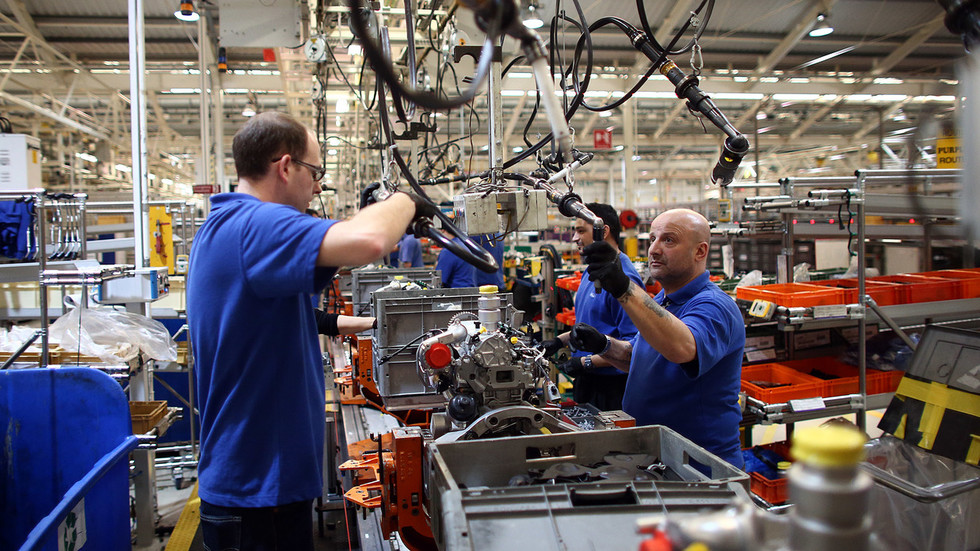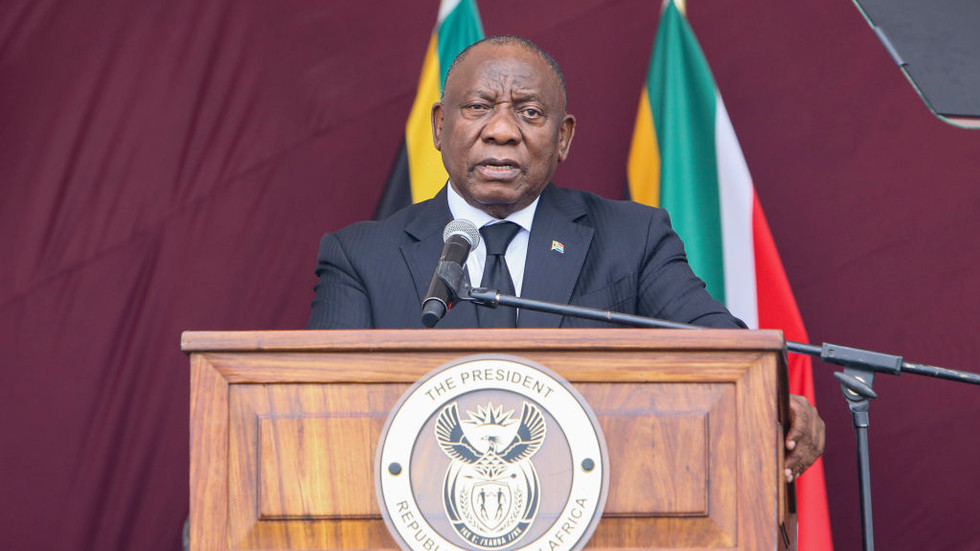After an encouraging few months on and off the field, Germany's men had rediscovered their form and revitalised their connection with the country. A dominant display against Ukraine might have ended goalless, but it didn't dent the feeling that both the team and the country are on the verge of a special summer. A recent survey by German public broadcaster WDR has, however, sought to challenge the notion that the country is behind this team.
The survey, which both head coach Julian Nagelsmann and star defender Joshua Kimmich labeled racist, revealed that 21% of those asked whether they wanted a national team with more white players, said they did. WDR said they too were dismayed at the results but added they were an expression of the current state of society in Germany.
"We are observing an increase in anti-constitutional, anti-democratic and anti-Semitic attitudes in Germany. We see this with concern," said DFB (German Football Association) President Bernd Neuendorf recently. "These are major challenges facing the country, facing us worldwide. But I still believe that football can send out a positive signal."
Impact of the national team
Germany's team has long played a significant role in shaping German identity and integration. The words of some of the fans attending Germany's game against Ukraine in Nürnberg — a CSU stronghold in which the AfD made gains in the state election last year — proved as much.
"I'm looking forward to it [Euro 2024], and a little proud too because with football we've always delivered a good advert of ourselves and we lost that bit,” Germany fan Thomas told DW. "Now more than ever, we'll show them who we are."
"We Germans are known for our tolerance and that means regardless of skin colour or origin, if you are German then you are one of us."
EU 'peace is at stake if you vote for extreme right'
"I think such topics are idiotic," said Christian, a young fan in the new kit, when asked about the survey. "We are all one, one country. I don't care what color people's skin is or what language they speak. I think on and off the field we are becoming more unified, perhaps also because the Euros are in Germany. Maybe we can use this tournament to get behind the team like we did in 2006 [when Germany hosted the World Cup]."
Young German fan Denise said: "Every person is equal and if that person represents Germany and can play such fantastic football then we should be happy they play in our team."
"I hope the current tendencies towards the right can be repressed somewhat, and those undecided voters at the European elections can be persuaded not to vote for the right,” added Michael.
Unique chance to unite
While nothing can replace the impact of inclusive policies and impactful education, Germany's football team is making an difference in its own way.
It is not insignificant that during the training camp in eastern Germany, 15,000 fans in Jena attended an open training session and provided such vocal support that Thomas Müller said the players even had a hard time understanding Nagelsmann's instructions.
 Germany fans appear to have embraced their team again after a drop off in recent yearsImage: IMAGO/Harry Koerber
Germany fans appear to have embraced their team again after a drop off in recent yearsImage: IMAGO/Harry KoerberIt matters that nearly 43,000 turned out on a Monday night to watch Germany, that before the game, the players of both teams joined arms in a call for peace and that, even without goals, the wave of euphoria around a home tournament has remained.
Perspective required
"A football team can be a great role model because it unites different cultures, skin colors and religions to work together for a great goal," Nagelsmann said this week. "I hope I never have to read about such a crappy survey again."
Such reflections are a good thing for this team and the country as a whole as it considers what it wants to be and the very real threat of the far right it faces. There is hope though, as the voices in Nuremberg proved. Furthermore, the majority of those asked in the survey, 65%, disagreed with the notion that Germany needed more white players. In February this year around 200,000 people took to the streets in protest of the AfD's resurgence. Germany is counter pressing.
For a squad that has five Black players and whose captain, Ilkay Gündogan, is the son of Turkish parents, the topic of race being raised in the current political climate is no surprise. The marketing campaign around the new kit in March even asked the question: what is typically German?
This team is unlikely to be able to deliver a definitive answer to that, but it is undoubtedly a representation of modern Germany. Now, over the next two months, they hope their football delivers the kind of signal that cannot be ignored.
Edited by: Matt Pearson

 5 months ago
32
5 months ago
32








